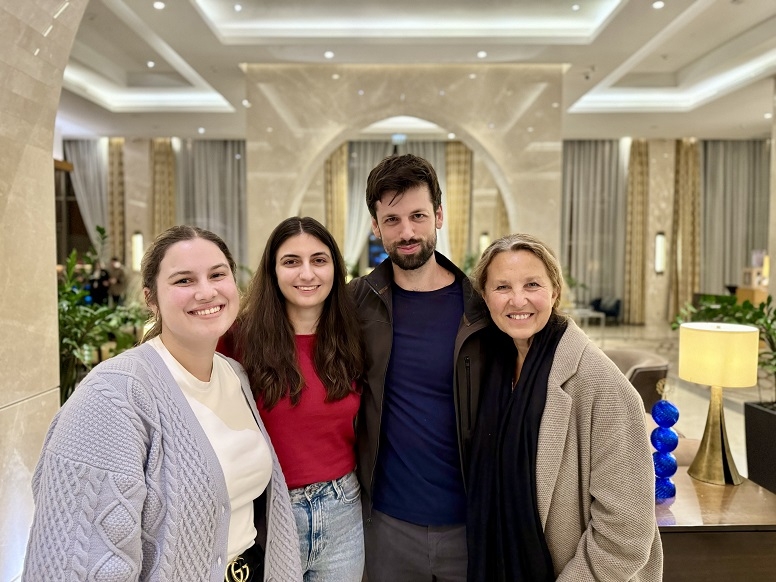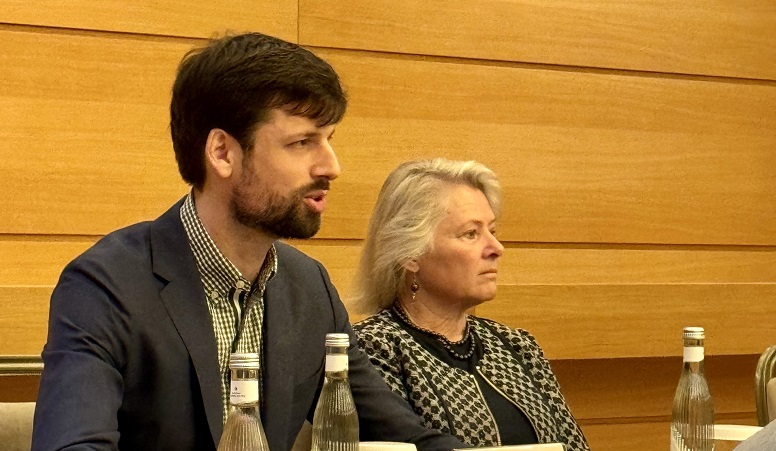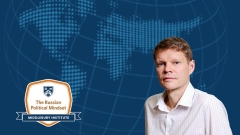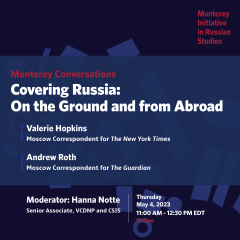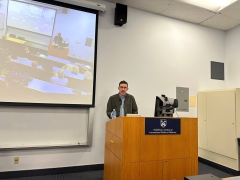Learning in Language: New Online Short Course in Russian Focuses on the War in Ukraine
| by Sierra Abukins
Intermediate Russian speakers can improve their language skills while also deepening their knowledge of Russian culture, history, and politics in this 5-hour course.

